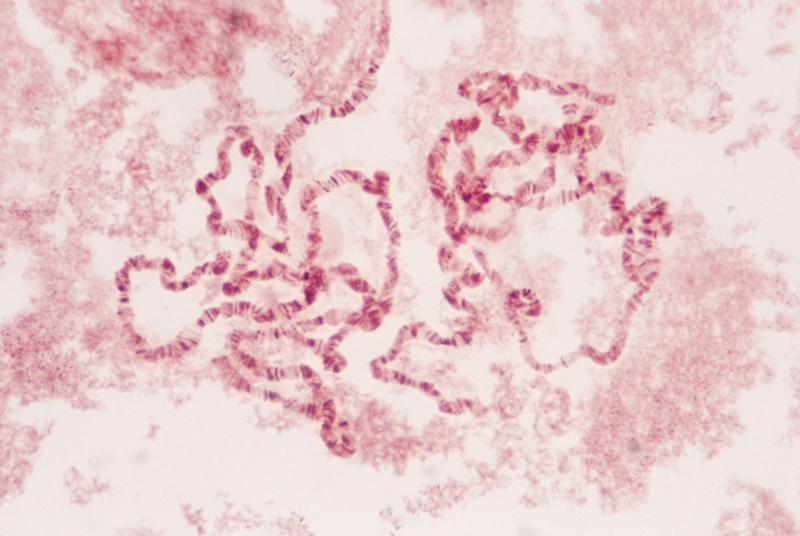
WEDNESDAY, Feb. 6 (HealthDay News) — Researchers have identified a gene variant that doubles the risk of having calcium deposits on the heart’s aortic valve.
Severe aortic valve calcification can cause narrowing or blockage of the aortic valve, a condition called aortic stenosis, which can prevent the proper amount of blood from reaching the brain and the rest of the body.
Researchers analyzed genetic data from thousands of people and found that a genetic variant of the LPA gene was strongly associated with having aortic valve calcification on a CT scan and increased the risk of developing aortic stenosis by more than 50 percent.
The LPA gene codes for a type of cholesterol particle called lipoprotein (a), which circulates in the blood and is associated with increased risk of heart attack. Previous studies have linked lipoprotein (a) with aortic valve disease, but this study is believed to be the first to provide evidence that it may actually play a role in the disease.
The findings, published in the Feb. 7 issue of the New England Journal of Medicine, could help explain why aortic valve calcification runs in families. It might also lead to the development of new drugs to slow the progression of the disease.
“This is an important step forward in understanding the biology of the development of aortic stenosis and how this common genetic variant, which is found in 7 percent of the general population, contributes to that risk,” study senior author Dr. Wendy Post, a cardiologist and associate professor of medicine and epidemiology at the Johns Hopkins University School of Medicine in Baltimore, said in a university news release.
Non-genetic risk factors for aortic valve calcification include older age, high blood pressure, obesity, high cholesterol levels and smoking. Men are more likely than women to develop aortic valve calcification.
More information
The U.S. National Heart, Lung, and Blood Institute has more about heart valve disease.

